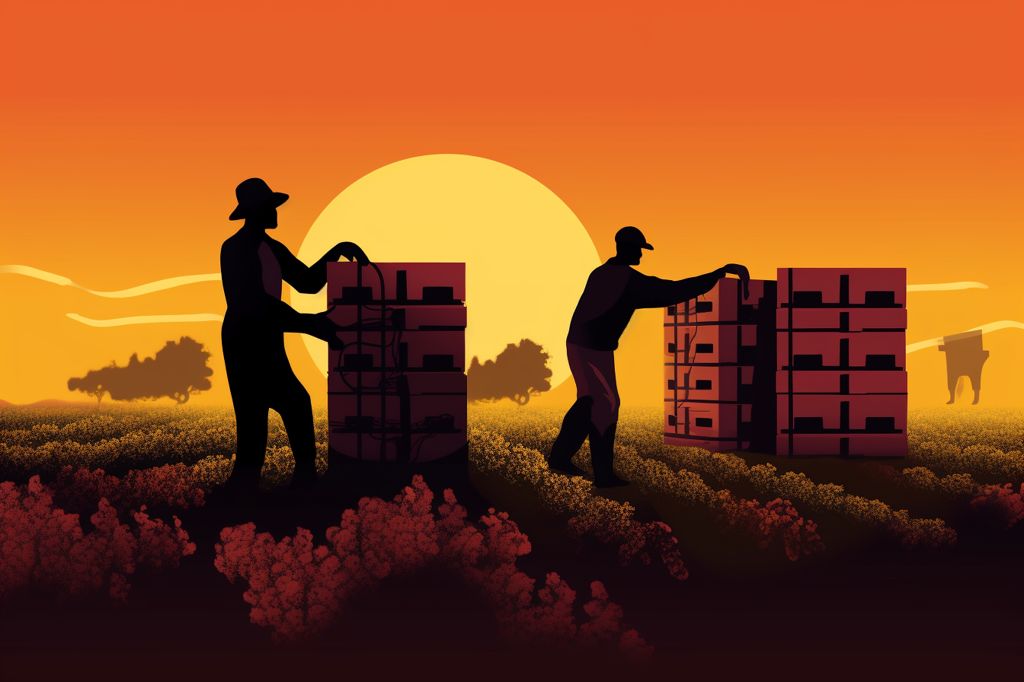The South African government has expressed deep regret and concern over the ongoing electricity crisis, which has resulted in load shedding and caused hardships for citizens. However, the administration remains committed to enhancing the country’s electricity generation capacity to alleviate the severity of load shedding and its impact on people’s lives.
Efforts to Exempt Critical Establishments
The Minister of Public Enterprises, Mr. Pravin Gordhan, has highlighted the government’s current collaborative efforts with the Department of Health and Eskom to exempt critical establishments, such as hospitals, from load shedding. To date, 76 of the 213 identified hospitals have been exempted, and the government is working to exempt an additional 46.
Government’s Dedication to Increase Power Generation Capacity
In his statement, Minister Gordhan acknowledged the challenge of securing an adequate supply of electricity for the nation, which has led to the unfortunate reality of load shedding. He emphasized the government’s unwavering dedication to increasing power generation capacity as quickly as possible.
Consequences of Load Shedding
While load shedding continues to disrupt the lives of families, educational institutions, healthcare facilities, and business operations, Minister Gordhan insisted that these consequences are not a result of negligence or lack of effort. Instead, they reflect the government’s ongoing struggle to enhance electricity availability under difficult circumstances.
Lack of Empathy Exhibited by Certain Political Groups
Despite the government’s earnest attempts to address the issue, Minister Gordhan lamented the lack of empathy exhibited by certain political groups, who have sought to exploit the situation for their gain. He specifically called out Build One South Africa (BOSA) Leader Mmusi Maimane for attempting to capitalize on citizens’ suffering for political advantage.
Department of Public Enterprises’ Decision to Appeal the North Gauteng High Court’s Recent Ruling
The Minister further clarified that the Department of Public Enterprises’ (DPE) decision to appeal the North Gauteng High Court’s recent ruling on load shedding was not a dismissive act. Rather, it aimed to ensure that the ongoing efforts to stabilize the national grid would not be jeopardized by the need to consistently balance the supply and demand for electricity.
The government’s determination to improve electricity generation capacity in the face of the ongoing electricity crisis is commendable. While load shedding has caused difficulties for citizens, the efforts to exempt critical establishments and detach other facilities from the integrated grid are steps in the right direction. Despite the obstacles, the government’s unwavering commitment to addressing the issue offers hope for a brighter, more electrified future for all.












